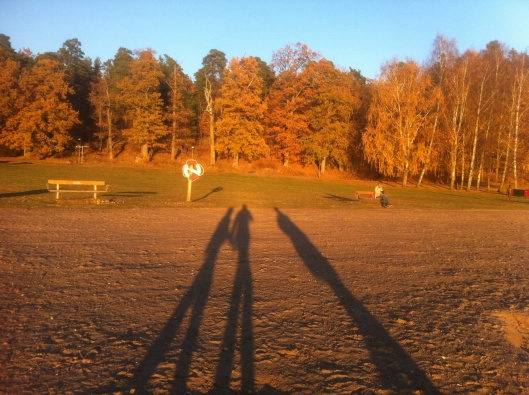
One of the main tasks of the Academic primary health center as it comes to management of students’ clinical education, is to promote interprofessional learning, ie students from different professional fields learning with, from and about each other (Caipe, 2000).
This is also expressed as a specific learning objective for students’ clinical education formulated by the universities for all academic programmes in health care (although sometimes with differing stringency).
It is from this point of view surely interesting to read about Wenger’s (2010) explanation of the process of learning occuring with specific qualities in the boundary of knowledge landscapes. The description of the dynamics of interaction between practices adds deeper understanding to the phenomenon of interprofessional learning which Caipe (2000) refered to as inherent of the capacity to build new knowledge together, across professional fields. As stated by Wenger (2010), this knowledge boundary region, this moment of meeting where practices, competencies and knowledge history crash into each other, opens up possibilities for innovation, new solutions and thinking beyond the already known.
Despite obvious contributions with the interprofessional perspective in learning though, it continues to be one of our great challenges (not at least logistically) to make these moments happen in clinical education.
Digitalizing and opening up our educational methods might help us reaching students and bringing them together interprofessionaly more easily. We still will have to consider basic requirements though, such as infrastructural conditions, students’ needs, formulation of learning objectives and teachers’ competence (Anderson, 2008).
References:
Anderson, T. (2008). Teaching in an online learning context. In The theory and practice of online learning(pp. 343-395). Athabasca university press.
Caipe. (2000). What is Caipe? Found 161103 at: https://www.caipe.org
Wenger, E. (2010). Communities of practice and social learning systems: the career of a concept. In Social learning systems and communities of practice (pp. 179-198). Springer London.

Thank you for your reflections and nice to see that you connect Topic 2 to Interprofessional learning. I agree with you that online activities could be a way to get different students together in an easier way since the logistics of bringing students together often are problematic. An another way could be to design activities that are partly online and partly in ”real life”. Could, for instance, use Twitter to make students discuss a specific topic? or Blogs as we do it in the ONL course? I feels like the possibilities are endless.. it gives hope!
GillaGilla
Great ideas! You take the Twitter part, that is still (one of) my weak point(S)…
GillaGilla